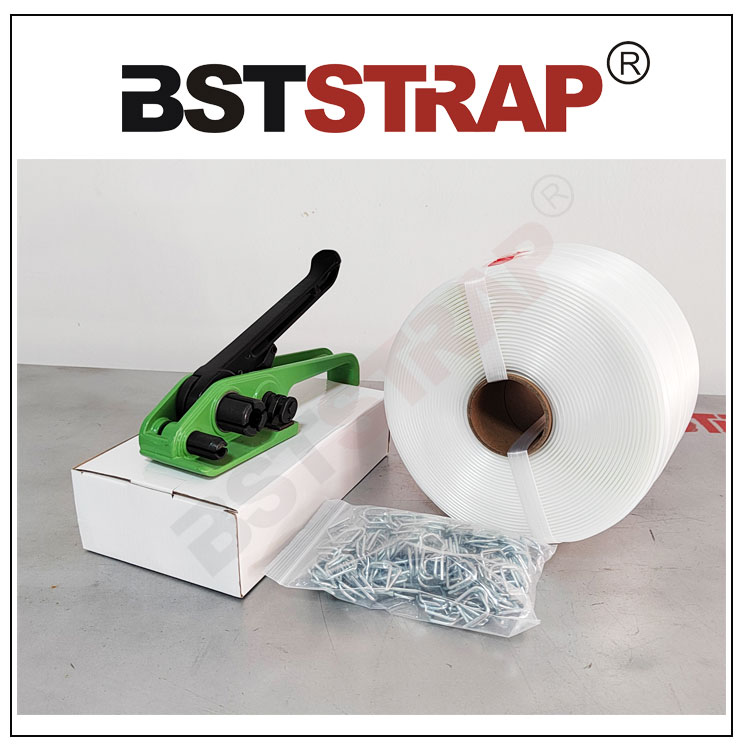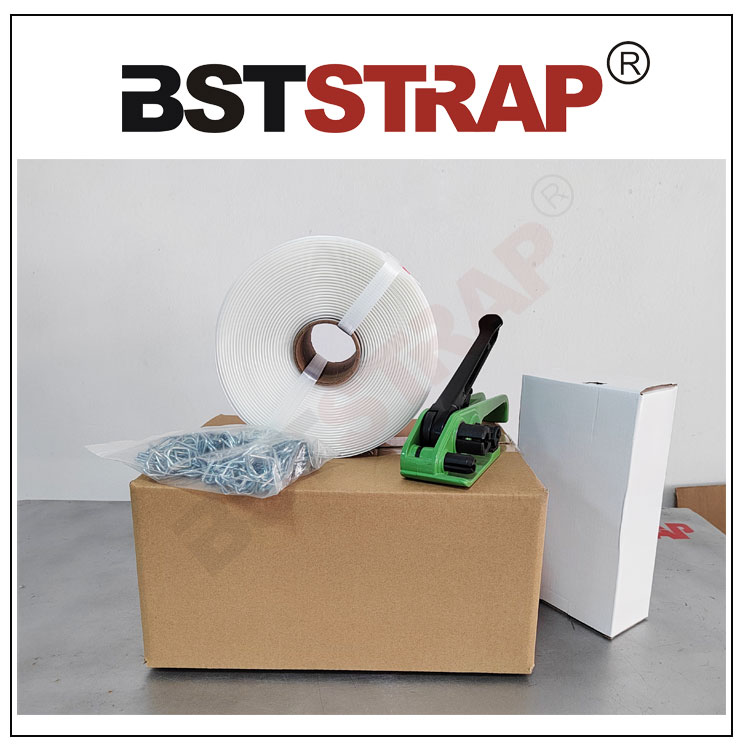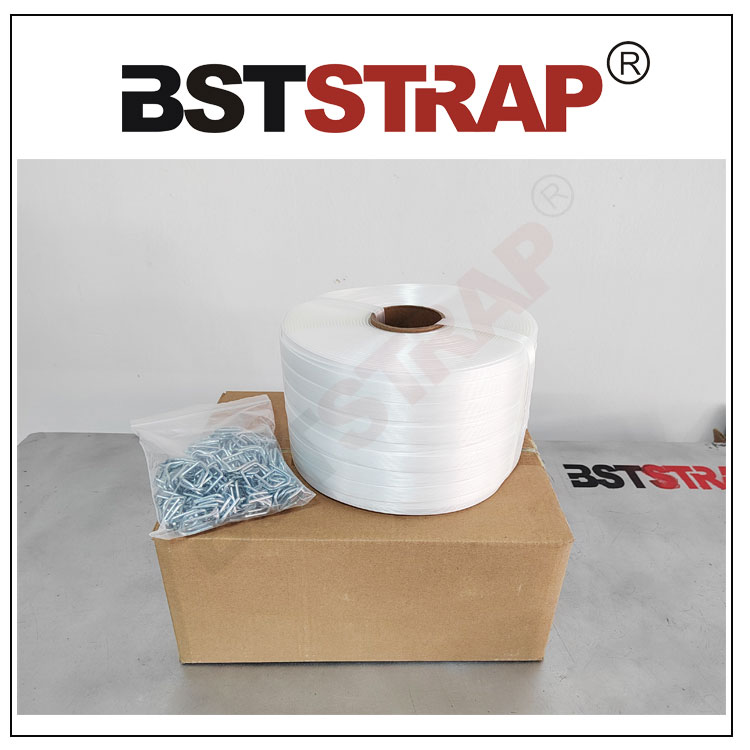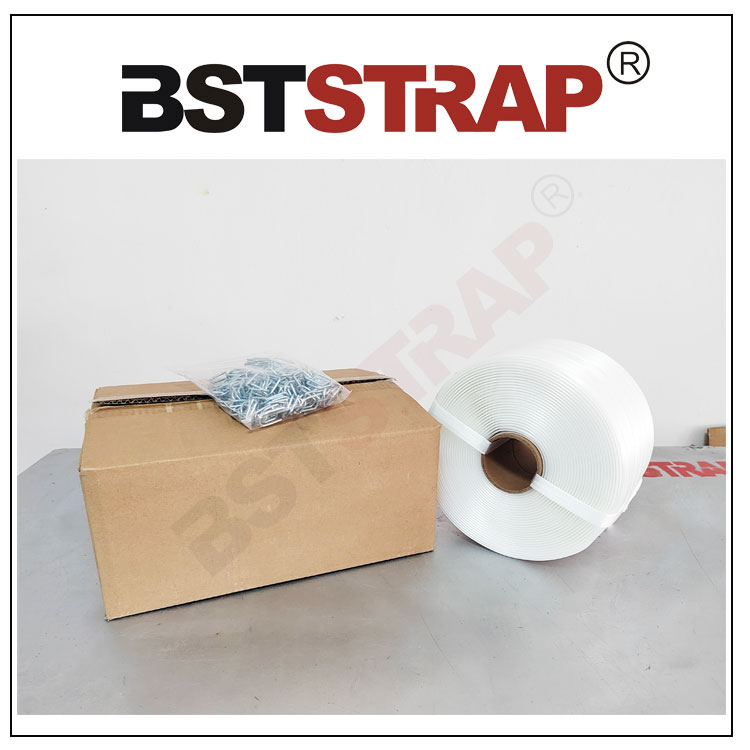
The Role of Polyester Composite Straps in Stabilizing Equipment
Introduction:
Polyester composite straps have emerged as a versatile and reliable solution for securing and stabilizing a wide range of equipment in various industries. These straps, known for their durability, strength, and resistance to environmental factors, offer a superior alternative to traditional materials such as steel and nylon. This article explores the advantages of using polyester composite straps in equipment fixation and their applications across different sectors.
Advantages of Polyester Composite Straps:
High Strength-to-Weight Ratio: Polyester composite straps provide exceptional strength while maintaining a lightweight profile. This makes them ideal for applications where heavy loads need to be secured without adding significant weight to the equipment.
Corrosion Resistance: Unlike steel, polyester composites do not corrode, making them suitable for use in harsh environments where moisture and chemicals are present. This extends the lifespan of the straps and reduces maintenance costs.
UV Resistance: Exposure to sunlight can degrade many materials, but polyester composite straps are designed to withstand UV radiation, ensuring they remain strong and functional even in outdoor settings.
Flexibility: These straps offer excellent flexibility, allowing them to conform to the shape of the equipment they are securing. This ensures a tight and secure fit, reducing the risk of slippage.
Easy to Handle: Polyester composite straps are easy to handle and do not have sharp edges, making them safer to use compared to metal alternatives.
Applications in Equipment Fixation:
Construction: In the construction industry, polyester composite straps are used to secure heavy machinery, scaffolding, and other equipment. Their ability to handle high loads and resist corrosion makes them ideal for outdoor construction sites.
Transportation: During the transportation of goods, polyester composite straps are used to secure cargo on trucks, ships, and airplanes. They provide a secure and stable hold, preventing damage and ensuring the safety of the cargo.
Aerospace: Polyester composite straps are also employed in the aerospace industry for securing sensitive equipment during transport and storage. Their lightweight and non-conductive properties are particularly beneficial in this field.
Conclusion:
Polyester composite straps have proven to be an invaluable asset in the field of equipment fixation. Their combination of strength, durability, and resistance to environmental factors makes them a preferred choice across various industries. As technology continues to advance, it is likely that the applications of these versatile straps will continue to expand, further solidifying their role in ensuring the stability and safety of equipment in diverse settings.





